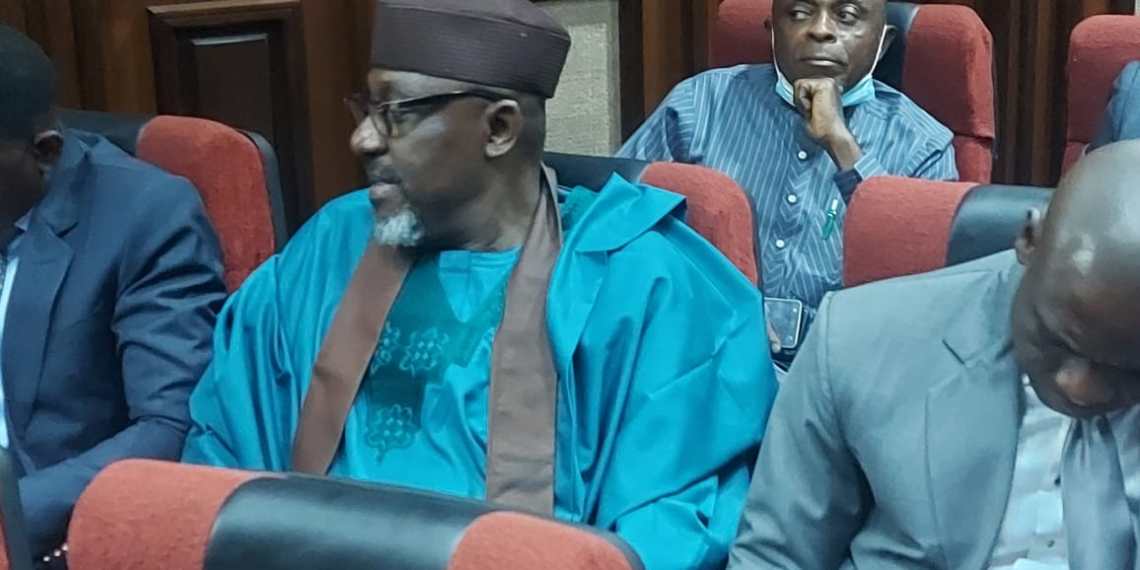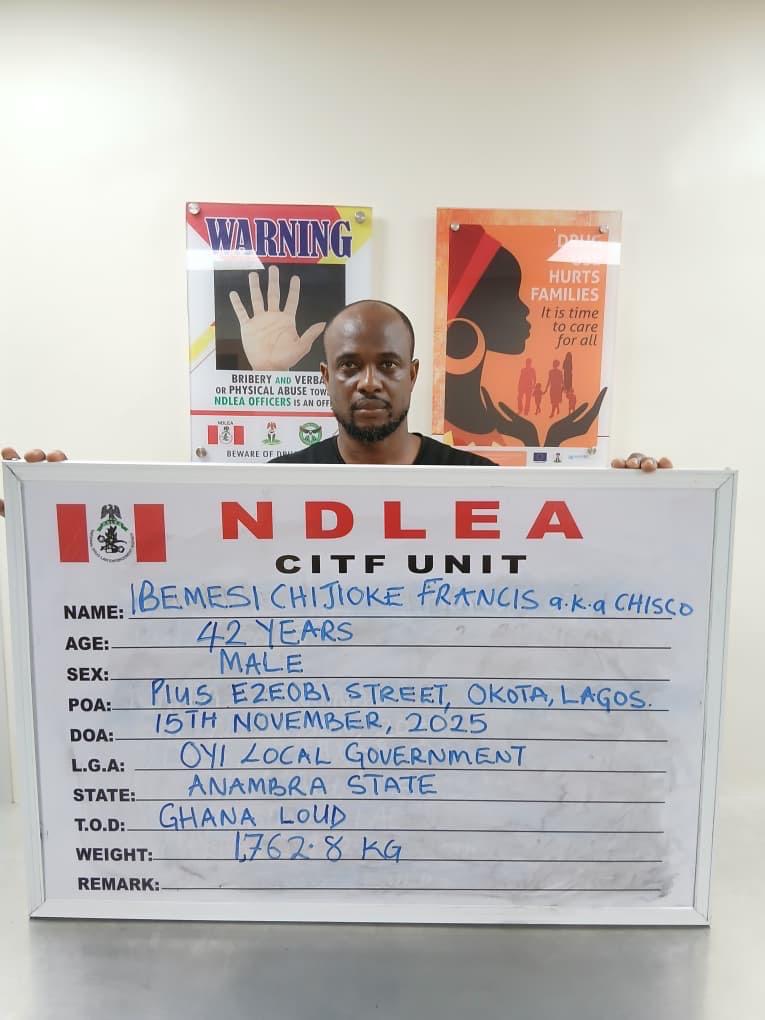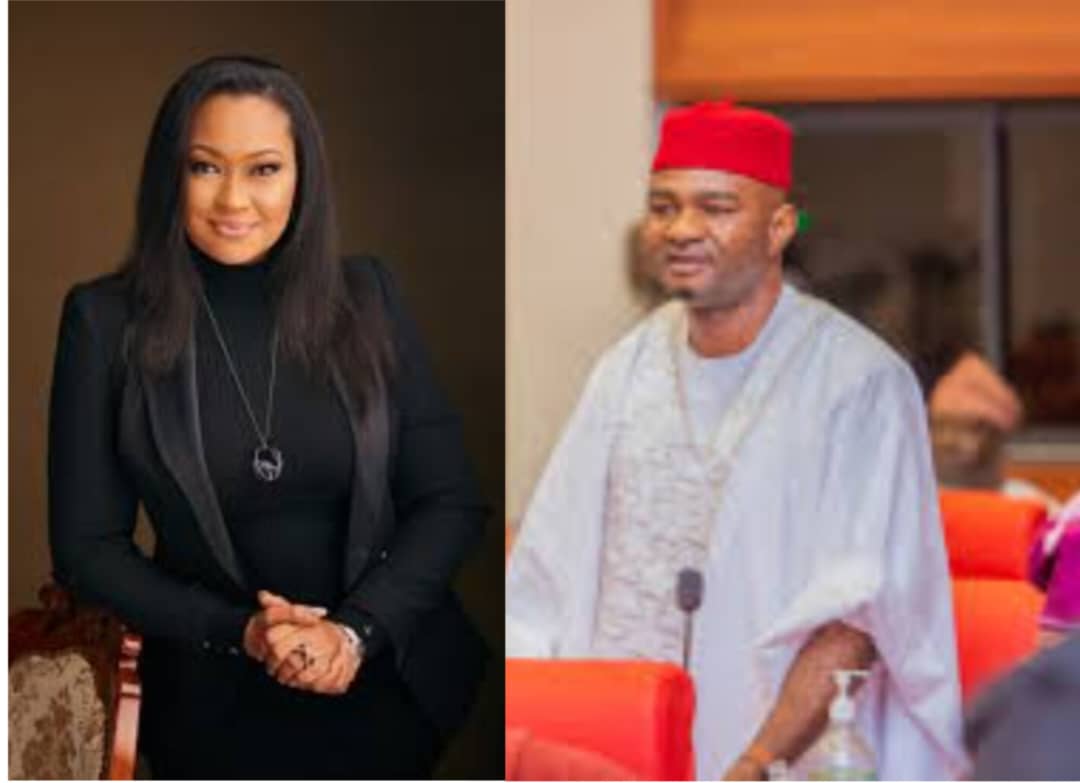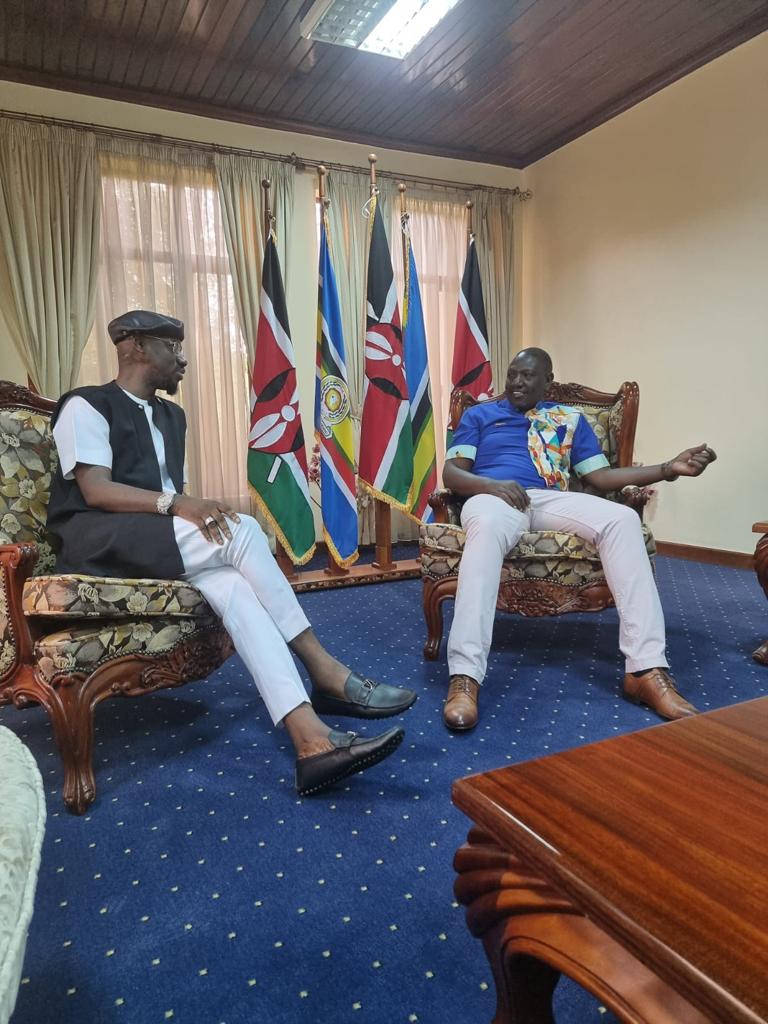A Federal High Court sitting in Abuja has freed former Imo State Governor, Rochas Okorocha and six others, over a charge of N3 billion fraud instituted against them by the Economic and Financial Crimes Commission (EFCC).
Justice Inyang Ekwo in his ruling upheld the objection raised by the defendants against the propriety of the charge.
Justice Ekwo also indicated that the EFCC acted unlawfully when it ignored the directive by the Attorney General of the Federation (AGF) and initiated the criminal proceeding against Okorocha and others.
The judge also held that the EFCC, like every other law enforcement/prosecuting agency, was under the obligation to defer to the directive of the AGF in deciding whether or not to prosecute an alleged offender.

Justice Ekwo held that the failure of the EFCC to comply with the directive of the AGF that it should submit the case file in the matter involving Okorocha and others for review rendered the criminal proceeding it initiated against them a nullity.
The judge voided the proceeding and discharged the defendants – Okorocha, Nyerere Chinyere, Naphtali International Limited, Perfect Finish Multi Projects Limited, Consolid Projects Consulting Limited, Pramif International Limited and Legend World Concepts Limited.
He averred that the directive of the AGF, in a letter dated: September 12, 2022, to the EFCC to forward the case file as well as the EFCC’s comments on the issues for consideration and review were binding on the commission.
“All that the law required of the respondent (EFCC) was for the respondent, when directed by the HAGF, pursuant to any enactment, is to comply and not act as if it was not under the law or is exempted thereby.
“For the avoidance of doubt, the office of the HAGF is founded on the provisions of the constitution and is thereby preserved.”
“The controversies and drama surrounding this trial proceeding are needless and it is time to stop such,” Justice Ekwo said




